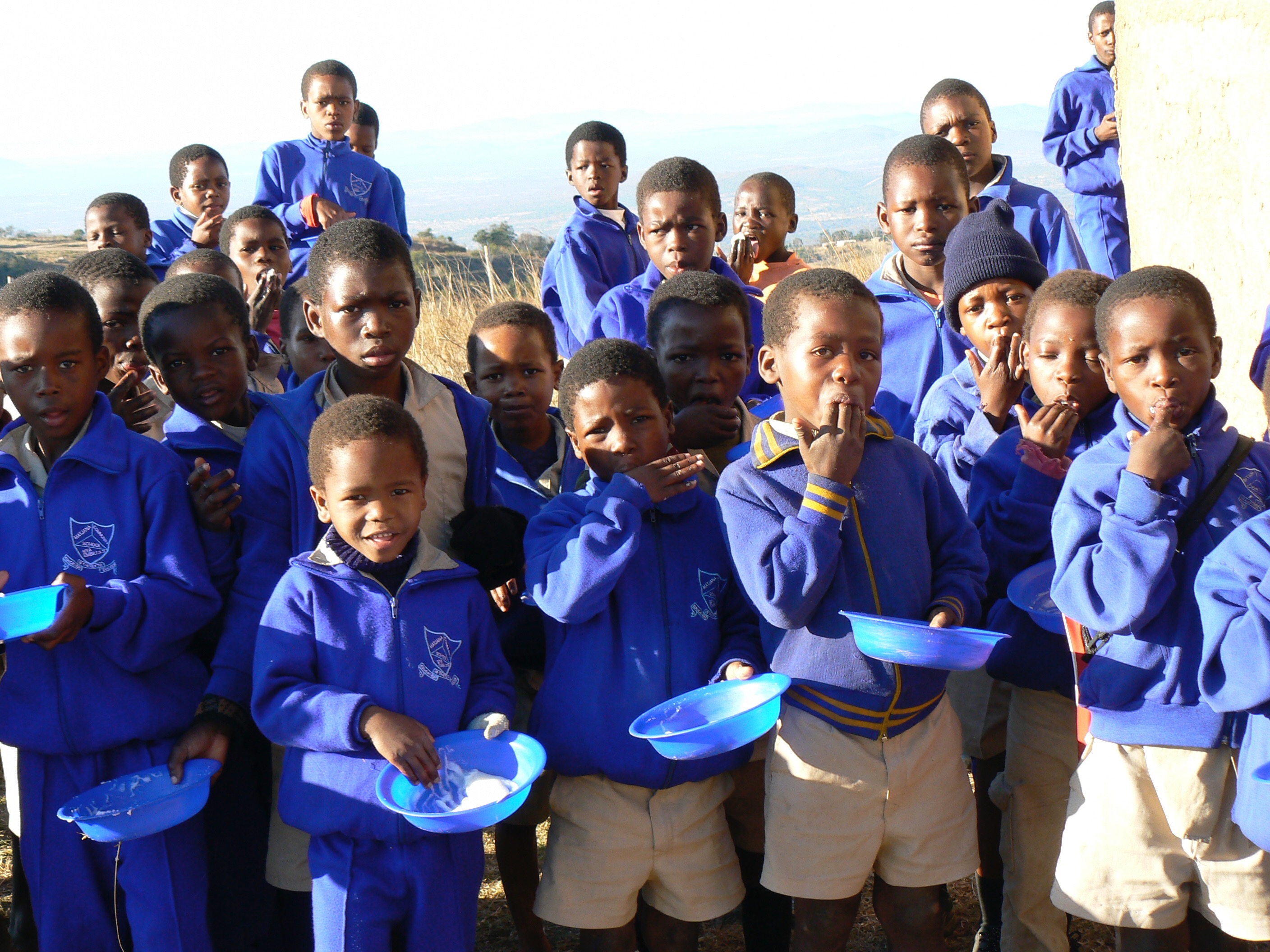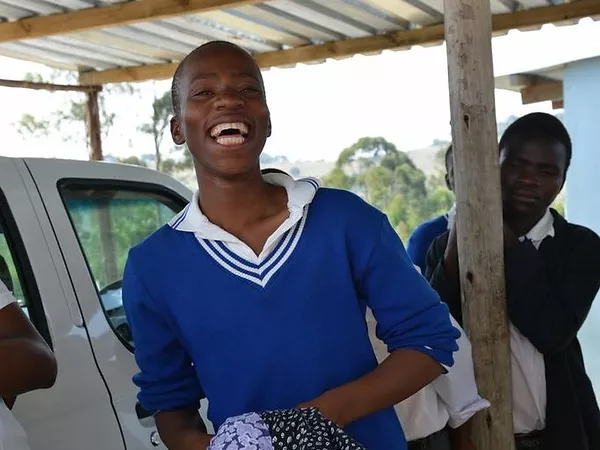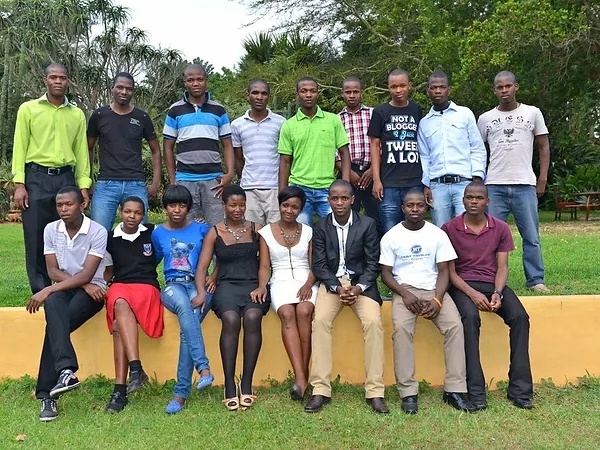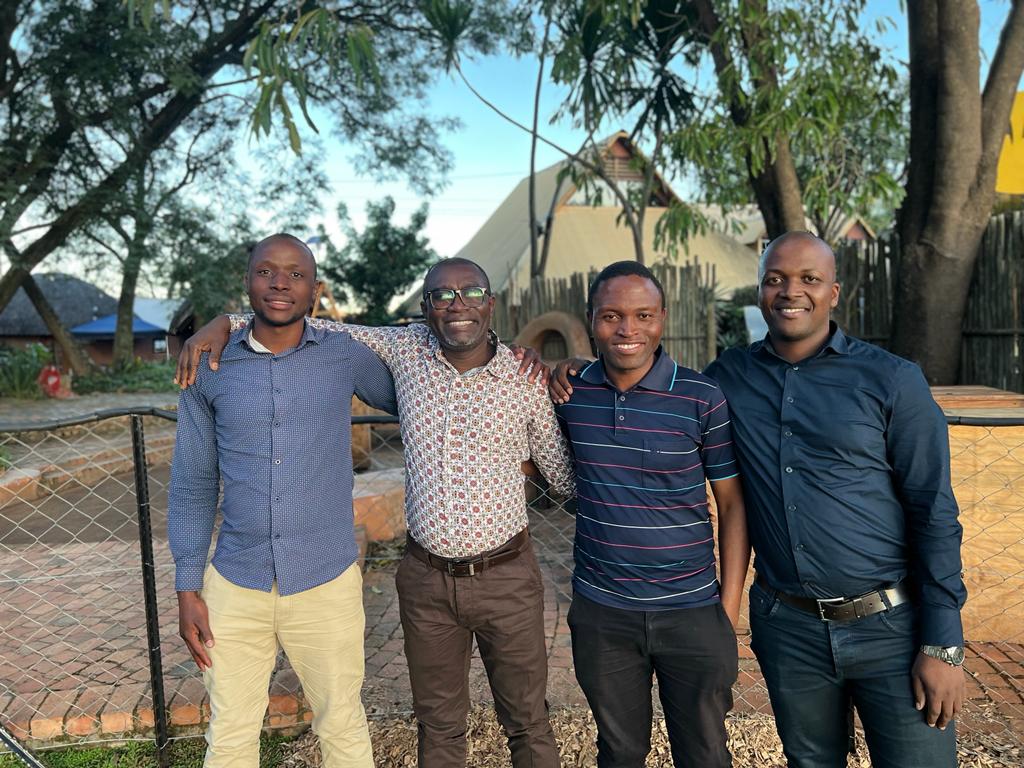The backbone of the Swazi Kids Society since 2001, has been education. What we would call “public education” in Swaziland, and in fact most of Africa, is not completely socialized. As such a user fee is passed along to parents or caregivers of school aged children in order for them to attend class.

Elementary & Secondary
The costs to be an education sponsor are $200/year for an elementary aged student and between $400-$700 at the high school level, depending upon the fees at that school attended by that particular student and whether bussing to school is required.
The system of education in Swaziland is rigorously tough, based on the Cambridge system out of England. Although supplies and facilities are severely limited (many schools operate without electricity,) at the same time, the children do seem to attain a high level of education. The days are long and hard and additionally many children can be forced to walk up to 2 hours in each direction to and from school.
At the elementary and secondary level, combined, Swazi Kids currently sponsors 70 children with the payment of school fees, capital building fees, supplying of stationery and in most cases updating their uniforms on an as-need basis.
Uniforms
In addition to school fees, we encourage sponsors to consider contributing to keeping these children in uniforms. The school clothing is relatively expensive and wearing decent apparel to school is a real source of either pride or disgrace for these students. A complete new uniform costs about $80.


University & College
Annually Swazi Kids is supporting 15-20 university and college level students. Support ranges from partial to full ride bursaries including: tuition, books, housing, feeding, clothing, internet access, laptops, transportation, toiletries, stationery, a small allowance for cell phone and airtime and trips home to see family. Some of our students are brilliant and have attained scholarships from the Swazi Government. For these bright young adults, we provide stipends for the necessities of living away from their rural homesteads. In recent years this scholarship program, which used to be quite generous, has been slashed by more than 75% of its’ previous numbers, as such the kids who qualify are amongst a very few in the entire country.
To date we are educating and have graduated:
- 2 nurses (one on scholarship)
- 1 teacher (scholarship)
- 5 electricians
- 1 electrical engineer (scholarship)
- 1 civil engineer (scholarship)
- 2 Bachelor of Commerce students (scholarship)
- 1 Sciences (scholarship)
- 1 Environmental Sciences student (scholarship)
- 4 students in accounting, book keeping and office admin/computer courses
- 1 in tourism


